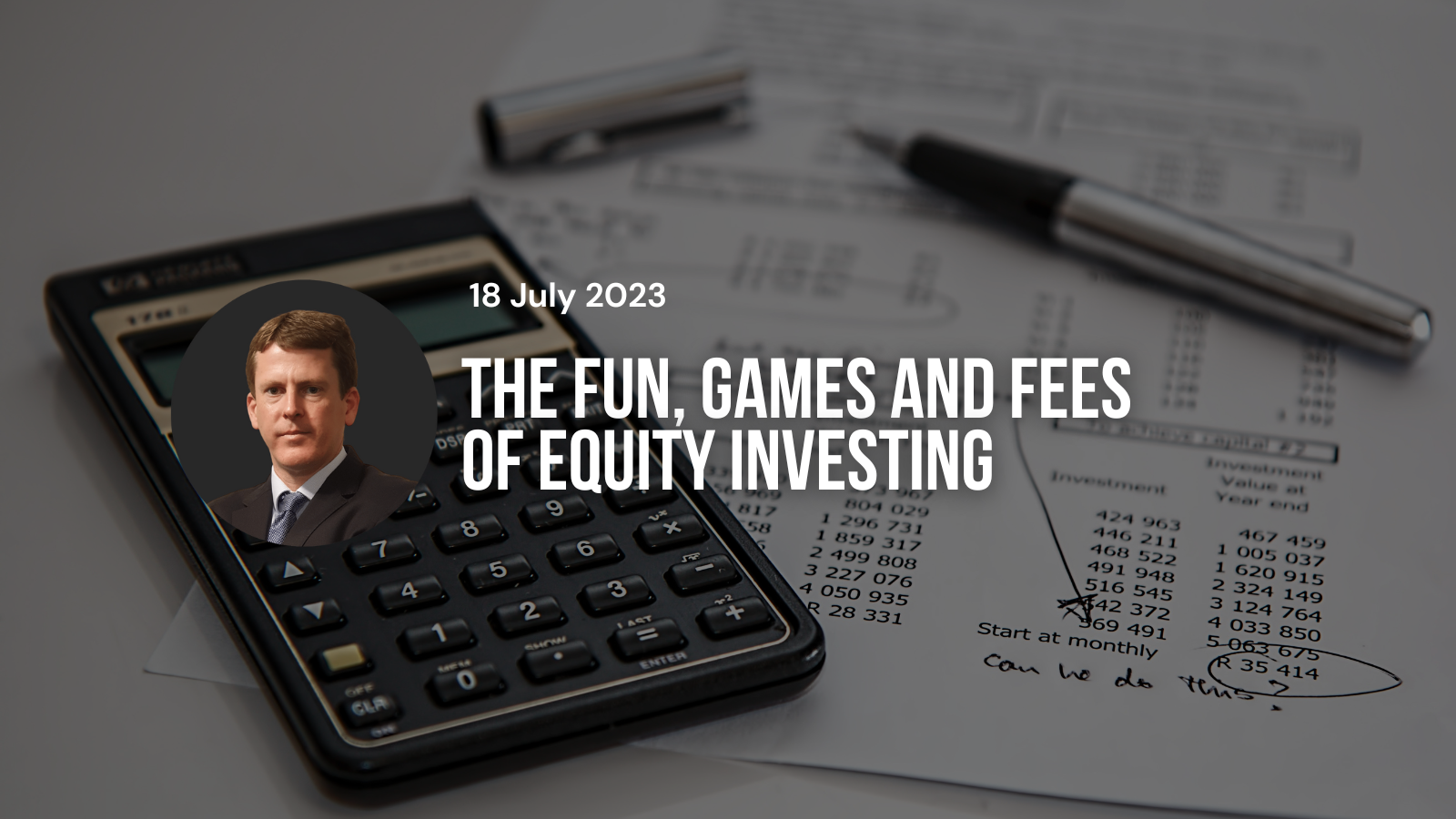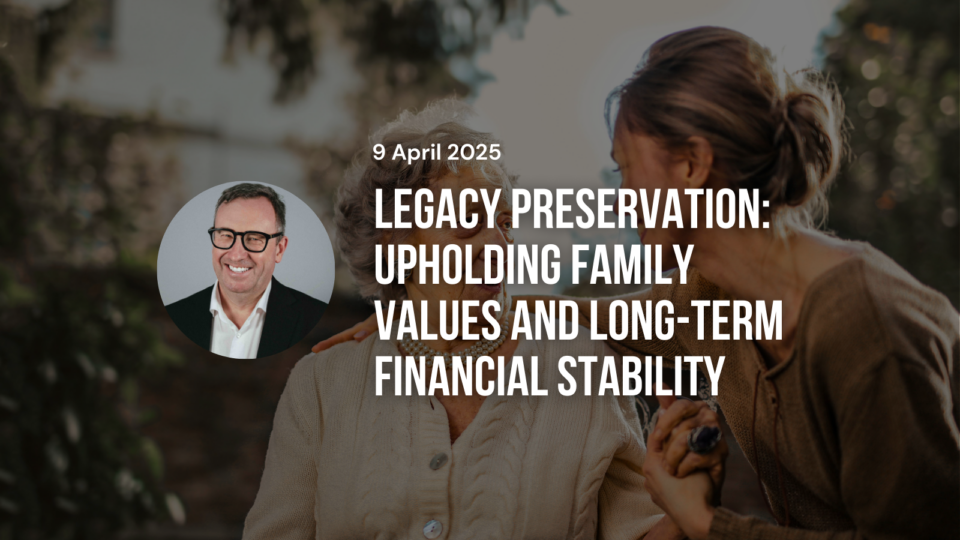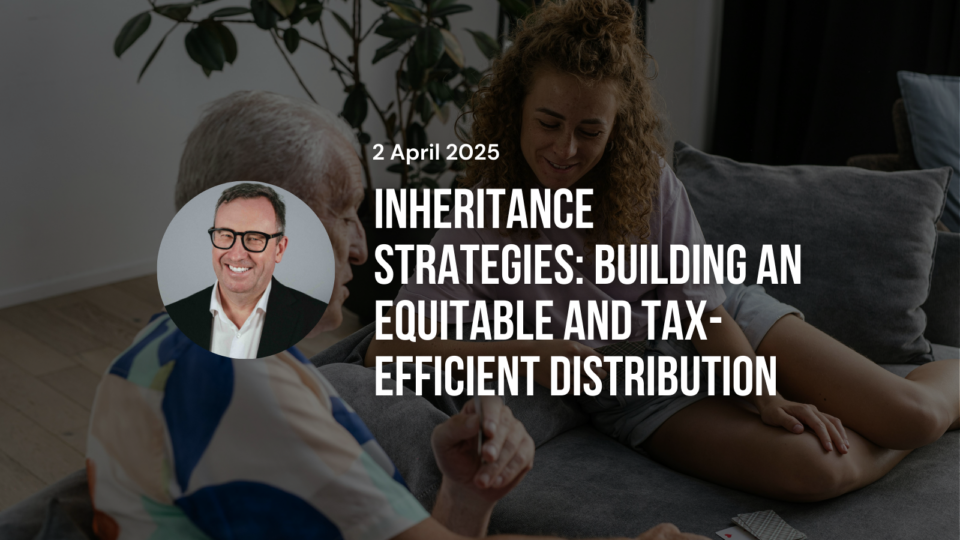

By Rob Hay, Head of Distribution & Investor Relations at Collins Street Asset Management
18 July 2023
FY23 recap: ASX 200 defies the bears to end up +10% over last financial year
It is often said that:
When someone with money meets someone with experience, the person with the experience gets the money and the person with the money gets an experience.
For equity investors, regardless of whether or not they choose their own investments or outsource some or all of that responsibility to an external manager/adviser, this remains a very real and important risk to be on top of.
Many Directors and Management teams do not run companies for the benefit of shareholders despite all of the claims and promises of future gold and glory laid out in glossy annual reports.
Fat salaries for start up company Directors, gifted equity to management in large established businesses and all manner of perks and parties along the way are, all too sadly, par for course.
To that end, its important to understand the governance structure of a company and the way in which senior decision makers are remunerated before deciding whether or not to invest.
Some key questions we at Collins St Asset Management seek to understand before deploying capital include:
- Does the Board have a remuneration committee that is chaired by a non-executive Director with a majority of committee members also sourced from outside of the company’s management team?As obvious as it may sound, you don’t want Management to be voting on their own pay rises and setting their own performance targets each year or having the ability to unduly influence the outcome.
- What metrics are remuneration linked to and what sort of behaviour does is being incentivised?Increasing revenue may, for example, sound like a worthy goal but if all it incentivises is excessive levels of new debt being taken to fund dubious bolt on acquisitions then it may (all things being equal) be a red flag to watch out for.
- Do the timing of option exercise dates line up with the timeframe for key deliverables to be achieved?Are any shares subsequently purchased via the exercise of the option subject to some form of escrow?
Sadly, a rolling stone gathers no moss in much the same way as an upwardly mobile executive can suffer no financial pain by moving from one company to the next just before the next crisis is uncovered.
Of course, Directors and senior Management are not alone in their pursuit of cushy rent-seeking corporate opportunities. Whilst many intermediaries in the funds management space are often no better, there are a variety of fee models on offer which invariably incentivise different behaviours.
The table below provides an overview of some of the different ways professional fund managers may seek to charge their clients:
Overview of fee structures

What Collins St Asset Management do
At Collins St Asset Management we expect our investors to be as inquisitive and as cynical of fees as we are.
Earning money is hard and losing it is easy and, for that reason alone, we believe the best way to align our interests as closely as possible with those of our investors is to have zero fixed management fees and a performance fee structure that requires an actual profit to be made before a performance fee is applied. After all, if you can’t eat an index relative return then you shouldn’t charge a fee linked to one!
This approach has resulted in a net return to investors of >12% p.a. net of fees since inception in 2016 within our flagship Collins St Value Fund*, approximately 3% higher than the broader market.
Indeed, in times when our investments do well, we as a company (and as personal investors alongside everyone else in the fund) do well. We are incentivised to remain boutique by design and focussed on managing downside risks at every step of the process.
Rob Hay
Head of Distribution & Investor Relations
Collins St Asset Management
*Available to qualifying ‘sophisticated’ and ‘wholesale’ investors only. Please visit: www.csvf.com.au for more information.





